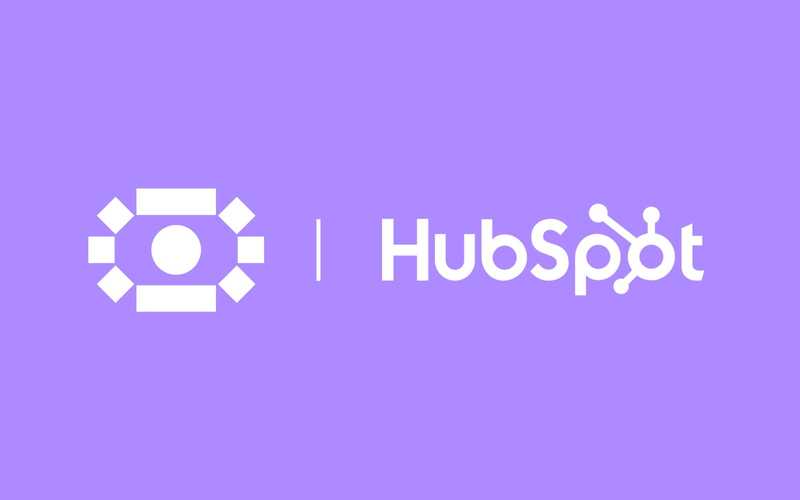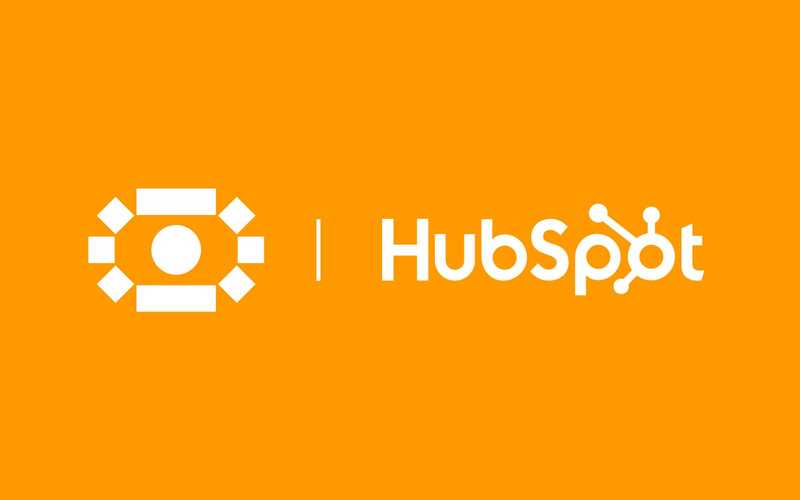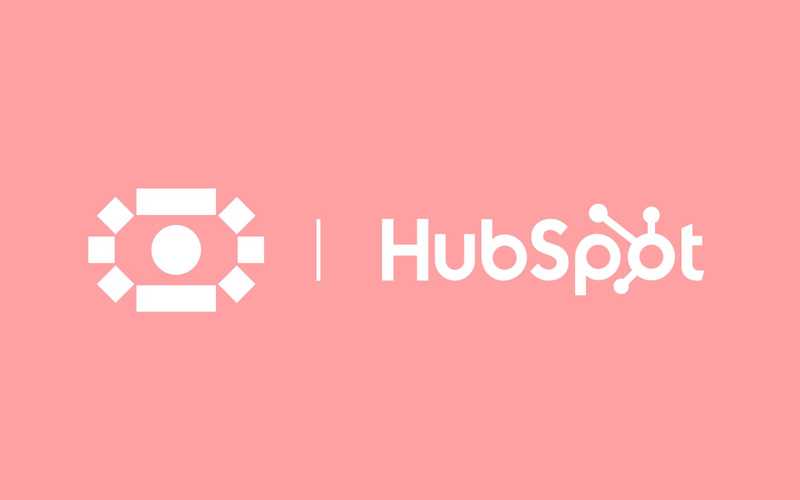In this blog, we look through a number of the best AI data analysis tools on the market.
Driving better business performance will always rely on making good decisions that are backed by solid data analysis. Today, there are a number of AI tools that have taken data analysis to a whole new level.
The very best platforms will drive speed and analysis improvements across your data teams. We don’t see AI replacing people in data; we see AI enhancing the work that can be done by your people in a much shorter time frame.
But where to start, and what should you look for?
With a new AI product seemingly appearing most days, it can be hard to decide which is best for you. There are some rules as to what to look for in an AI data analysis platform:
- Will it work within your current infrastructure? Look for tools with the right integrations and make sure they integrate with your current and future technology stack. CSV upload features are a good addition to ease the movement of data.
- Do you have the skill/time resource to deploy? Some platforms require extensive experience within AI or machine learning to deploy. Find a platform that does the heavy lifting for you.
- Is the company committed to being at the forefront of AI developments? This is an ever-changing field; don’t get left behind.
- Does the platform enable the deployment of AI at scale? Leveraging AI across your business is where the real value is; find a tool that enables that rather than preventing it.
As AI evolves, businesses will need to understand how best to use these tools to compete in a world that is ever-more driven by data.
We have summarised our findings below to make it easy for you to understand the landscape before we delve into each platform.
| Factor | Infer | BigQuery ML | Databricks | Snowflake | Alteryx | Azure ML | Tableau | Polymer | Thoughtspot |
|---|---|---|---|---|---|---|---|---|---|
| Scalability | High | High | High | High | Medium | High | Medium | Medium | Medium |
| Cost | Low | High | High | High | High | High | Medium | Low | High |
| Skill Need | Low | Medium | High | Medium | Low | High | Low | Low | Medium |
| Advanced Analytics | High | High | High | High | Medium | High | Medium | Medium | Medium |
| Integration Ease | High | High | Medium | High | Medium | High | Medium | High | Medium |
| User Friendliness | High | Medium | Medium | Medium | High | Medium | High | High | Medium |
1. Infer
Infer is an AI platform that rapidly provides key insights to help business leaders make better decisions in real time. It improves your most important business outcomes through deeper, more accurate, and predictive analysis. Plus, its ability to scan your data, suggest, and build models before providing data-backed reasoning sets Infer apart.
The platform will allow you to perform complex and detailed analysis in minutes, reducing lead times from 4-8 weeks to under a day, and thanks to its intuitive interface and zero coding requirement, any team can directly benefit from its insights.
For example, you can see in 60 seconds how Infer creates a model on:
See the product in action by requesting a demo from one of the team.
Putting insights into the hands of key stakeholders makes scaling AI actually work for your organisation. Driven by a mission to make AI accessible to all, the Infer team are at the forefront of what’s possible within AI data analysis.
2. BigQuery ML
Google BigQuery ML extends BigQuery's capabilities by enabling users to perform machine learning tasks within the data warehouse using SQL-like queries. This integration allows for the application of machine learning directly on large datasets without data export, supporting models such as linear and logistic regression, k-means, and neural networks.
The tool simplifies the traditional machine learning workflow but retains a degree of complexity and, due to this, is typically used more by data scientists who bring a high degree of skill. BigQuery ML streamlines model development and deployment, particularly for existing BigQuery users, although it may not replace specialized ML platforms for advanced use cases.
3. Databricks
Databricks offers a comprehensive analytics platform rooted in Apache Spark, designed for collaborative data processing and machine learning projects. It bridges the gap between data engineers, scientists, and analysts by providing a shared workspace with collaborative notebooks.
The platform enhances Apache Spark's capabilities, supports multiple programming languages, and integrates with major cloud services, ensuring scalability and performance. Databricks facilitates end-to-end management of machine learning projects through MLflow and establishes robust data pipelines. While it streamlines big data operations and machine learning deployment, businesses should consider their specific needs and infrastructure compatibility before adoption.
4. Snowflake
Snowflake is a cloud-native data warehousing service that offers scalable data storage and analytics. It separates compute and storage, allowing for independent scaling and cost efficiency. The platform supports a wide range of data workloads and enables data sharing across organizations. With the arrival of Snowflake ML (still in beta), data scientists can now create models inside Snowflake using a SQL interface similar to BigQuery ML.
Snowflake operates on major cloud providers like AWS, Azure, and Google Cloud, enhancing flexibility and integration. While it simplifies data management and analysis with automatic scaling and no maintenance requirements, potential users should assess compatibility with existing systems and consider total cost implications. Overall, Snowflake is a robust solution for modern data warehousing needs.
5. Alteryx
Alteryx is a self-service analytics platform that empowers users to blend, prepare, and analyze data from various sources. It's designed to streamline data processing, enabling less technical users to perform complex data analysis and data science tasks through a user-friendly interface. Alteryx offers capabilities for data cleansing, preparation, blending, and joining, as well as advanced analytical functions like predictive analytics and geospatial analysis.
It democratizes data analytics by making it accessible to non-experts. Alteryx is well-suited for organizations looking to empower their workforce with data-driven decision-making capabilities without heavy reliance on IT or data science departments. However, the cost and the level of analytical depth required should be considered. It’s advised for companies to consider their user base, data strategy, and long-term analytics goals when considering Alteryx.
6. Azure Machine Learning
Azure ML is a cloud-based service provided by Microsoft that offers tools for building, training, and deploying machine learning models at scale. It supports various machine learning algorithms and techniques, providing a collaborative environment for data scientists and developers. The service integrates with other Azure services, facilitating a comprehensive data and analytics ecosystem.
For organizations already invested in the Microsoft ecosystem or those looking for a scalable platform, Azure ML can be a good choice if you have the time and expertise to implement the product.
7. Tableau
Tableau is a data visualization tool designed to convert complex data sets into understandable graphical representations. It supports a broad range of visualization types and allows for interactive data exploration. Tableau integrates with various data sources and caters to non-technical users while offering advanced features for data analysts and professionals.
While Tableau performs well in user-friendliness and visual capabilities, organizations should assess their specific visualization needs and data complexity. It's particularly valuable for companies aiming to enhance data literacy among their employees or seeking to present data insights more effectively. However, evaluating the total cost and integration with existing data infrastructure is advisable before implementation.
8. Polymer
Polymer is a tool designed to enhance data exploration and visualization, enabling users to craft interactive dashboards and gain insights from complex datasets with lower technical expertise. Its intuitive interface and quick setup facilitate an integration into various business processes, empowering teams across an organization to harness data for informed decision-making.
For companies looking to democratize data access and streamline their analysis processes, Polymer's user-friendly approach and efficiency in delivering actionable insights can work well. It is suited to organizations aiming to leverage data visualization to drive business strategies and improve outcomes. By integrating Polymer into their data ecosystem, companies can enhance their analytical capabilities and foster a culture of data-driven decision-making.
9. Thoughtspot
ThoughtSpot offers AI-driven data analysis. Users can query data, which the system translates into visual insights, making complex data more digestible. However, the very simplicity that defines ThoughtSpot could be a double-edged sword; advanced users might find the customization options limiting. Additionally, integration with existing IT landscapes could pose challenges. It's a tool with a good core offering, aimed at democratising data but might not satisfy all technical demands or integration scenarios.


